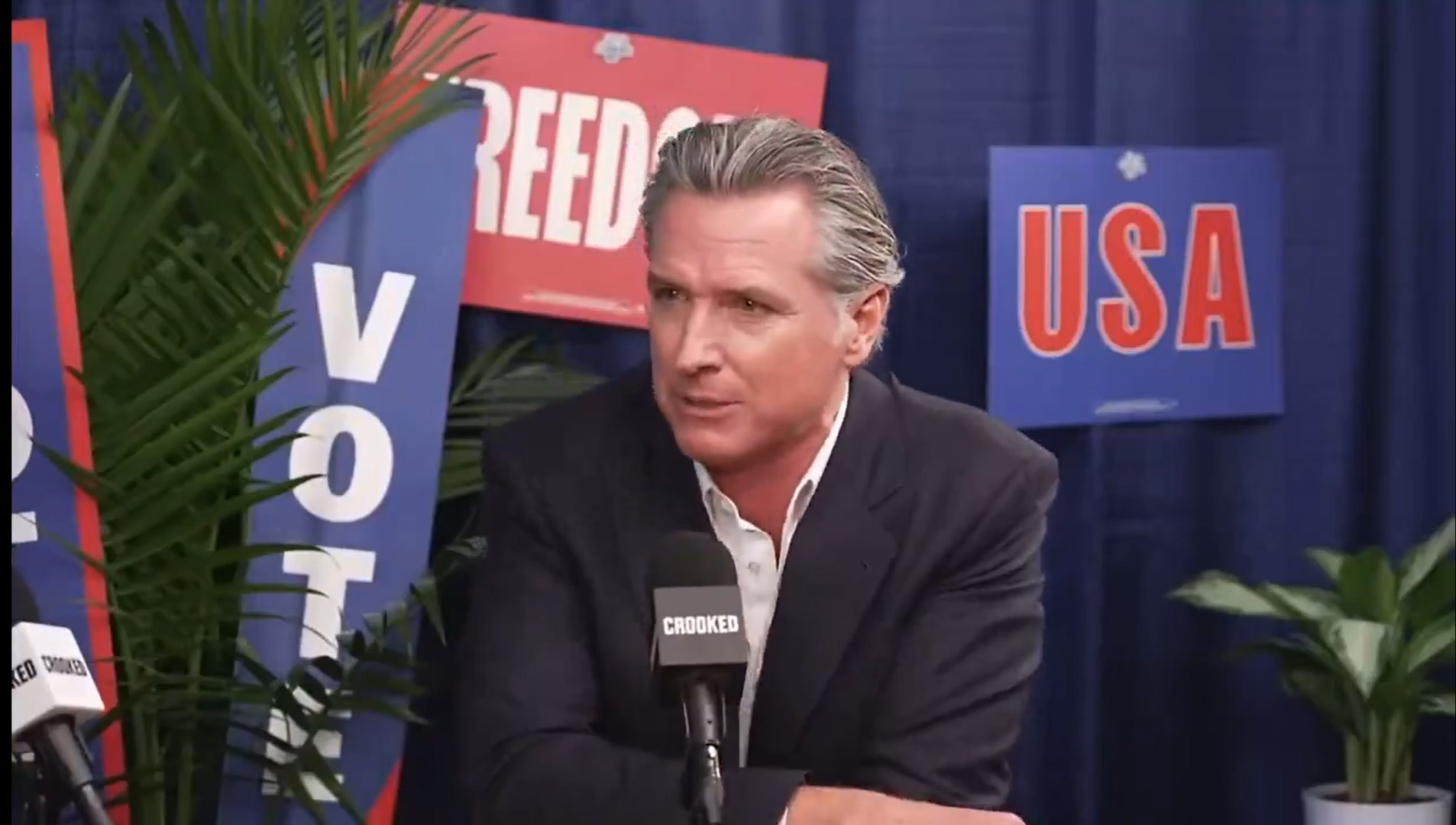California’s Governor Gavin Newsom recently stirred the political pot with comments that seemed to mock the Democratic Party’s nomination process for its candidate, Kamala Harris. During an appearance on Pod Save America, Newsom’s remarks were tinged with sarcasm as he discussed the rapid and seemingly predetermined nature of the Democratic primary process, referring to it as a “blitz primary.” His laughter and comments about the process being “bottom-up” and “very inclusive” were perceived as a veiled critique of the party’s approach to nominating Harris without casting a single primary vote.
https://twitter.com/CortesSteve/status/1827335460433093048
The backdrop to these comments is the dramatic withdrawal of Biden from the 2024 race, followed by his endorsement of Harris. This endorsement, however, did not come without its share of drama. Reports emerged of significant internal conflict within the Democratic Party, with major figures like former President Barack Obama, Senate Majority Leader Chuck Schumer, and former House Speaker Nancy Pelosi purportedly vying for a more open primary process. The idea was to introduce a “mini primary” at the Democratic National Convention to potentially nominate a different candidate, such as Senator Mark Kelly.
Biden’s endorsement of Harris was seen by some as a strategic move to disrupt these plans, a decision described by insiders as a final rebuff to those pushing for his early withdrawal. This maneuver has reportedly left many within the party, including Pelosi, publicly acknowledging their preference for an open process, a sentiment she expressed in a CNN interview, emphasizing her interest in the election’s integrity over personal alliances.
Newsom’s remarks, therefore, highlight the fractures within the party as it navigates a path forward. His sarcastic tone underscores the skepticism surrounding the transparency and inclusiveness of the nomination process. The situation draws attention to the broader implications for the Democratic Party’s unity, as these internal conflicts can influence public perception and voter confidence.


Leave a Comment